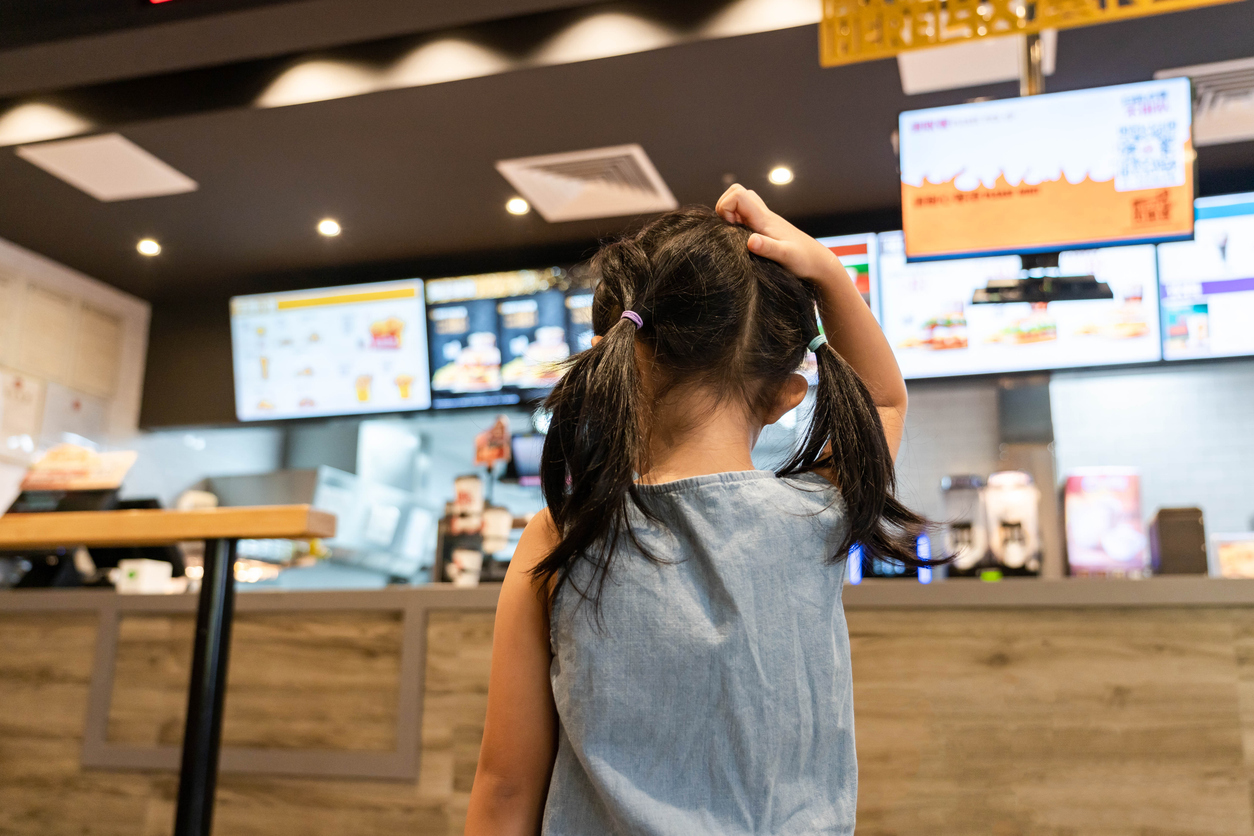Restaurants are often confronted with the challenging task of dealing with significant amounts of waste, including leftover food, surplus ingredients, and disposable items. Efficient, sustainable waste reduction strategies cut costs and demonstrate the organization's commitment to environmental responsibility. Restaurant businesses are facing food waste, with $2.6 trillion lost annually. With the increasing focus on sustainable practices, implementing effective food waste management systems has become a top priority for restaurants.
The Importance Of Food Waste Reduction
Food waste poses significant environmental consequences, contributing to resource depletion and greenhouse gas emissions. Statistics reveal that approximately one-third of all food produced globally is wasted, accounting for nearly 8% of total greenhouse gas emissions. By reducing food waste, we can mitigate these impacts, conserving valuable resources and reducing emissions.
Moreover, businesses and industries stand to benefit financially from implementing waste reduction strategies, with potential savings estimated in the billions annually. Additionally, addressing food waste helps combat food insecurity, redirecting surplus food to those in need and promoting social equity by ensuring access to nutritious meals for all.
Types Of Food Waste In Restaurants
Food waste in restaurants encompasses various categories, including leftover and uneaten food from customer plates, excess ingredients and surplus inventory, kitchen waste and trimmings, and post-consumer waste from disposable items.
Leftover And Uneaten Food
One of the most common sources of food waste in restaurants is leftover and uneaten food from customer plates. Despite efforts to accurately predict demand and portion sizes, there are often leftovers that need to be discarded. Addressing this type of waste requires portion control, menu optimization, and encouraging customers to take leftovers home.
Excess Ingredients And Surplus Food Inventory
Managing inventory in restaurants is a crucial aspect of reducing waste. Often, restaurants need help with surplus food inventory and excess ingredients. These issues can arise due to inaccurate demand estimations or inadequate inventory management. It is vital to implement effective inventory tracking systems, conduct regular menu assessments, and establish strategic purchasing practices to minimize this kind of waste.
Kitchen Food Waste And Trimmings
When preparing food, it's common to generate a lot of kitchen waste, including trimmings, peels, and scraps. However, it's important to minimize the amount of waste we produce. One effective way to do this is by implementing sustainable practices, such as composting or repurposing food scraps for other dishes.
Post-Consumer Waste From Disposable Items
Disposable items like packaging, utensils, and containers are widely used for convenience and hygiene benefits. However, using these items also contributes to the food waste generated. Opting for biodegradable or compostable alternatives is advised to minimize their environmental impact. These eco-friendly options can decompose naturally and not harm the environment.
Strategies For Reducing Food Waste In Restaurants
Implementing effective strategies such as menu planning, efficient food preparation techniques, proper storage and inventory rotation, and staff training can help restaurants minimize food waste and improve sustainability practices.
Menu Planning And Ingredient Management
Effective menu management plays a vital role in reducing food waste by promoting thoughtful planning. Utilizing seasonal ingredients and creating flexible menus help minimize excess inventory and ensure ingredients are used efficiently. By aligning menu choices with ingredient availability, restaurants can reduce waste and maximize freshness, ultimately contributing to a more sustainable and cost-effective operation.
Efficient Food Preparation Techniques
Minimizing waste is essential for any successful kitchen, and one of the best ways to achieve this is by curbing food waste. Streamlining food preparation processes, training kitchen staff in efficient cutting techniques, proper portioning, and creative use of ingredients are all effective strategies to curb food waste during cooking and serving. Not only does this approach maximize yield and minimize trimmings, but it also helps promote a sustainable and environmentally friendly kitchen.
Proper Storage And Inventory Management
Proper storage practices are crucial for prolonging the shelf life of ingredients and minimizing waste. Implementing FIFO inventory rotation ensures that older ingredients are used first, reducing the risk of spoilage. Additionally, maintaining an organized inventory management system helps track ingredient quantities and usage, facilitating timely replenishment and preventing overstocking. Businesses can optimize inventory management and reduce food waste by prioritizing freshness and efficiency.
Training Staff For Effective Practices
Educating staff about the significance of food waste reduction and offering training in waste management techniques are pivotal steps for successful implementation. By fostering a culture of sustainability, restaurants can engage their teams in identifying opportunities for waste reduction collaboratively. This approach empowers staff members to contribute actively to the restaurant's sustainability efforts. It cultivates a sense of teamwork and shared responsibility toward reducing food waste, leading to more efficient and environmentally conscious operations.
Future Trends And Innovations In Food Waste Reduction
Emerging trends in food waste reduction include the development of advanced technologies like smart inventory management systems and food waste tracking apps.
Emerging Technologies And Solutions
The use of technology in restaurants has opened up new opportunities to tackle the issue of food waste. With smart inventory management systems and food waste tracking apps, establishments can streamline operations and minimize waste more efficiently. Restaurants can reduce food waste, improve their resources, and save costs. Integrating technology into the restaurant industry has improved how restaurants operate, providing them with the necessary tools to become more sustainable and environmentally conscious.
Sustainable Packaging Materials
Sustainable packaging is crucial in reducing food waste by offering environmentally friendly solutions. Biodegradable materials and compostable packaging help minimize the environmental impact of packaging waste. Additionally, innovative designs, such as those extending the shelf life of perishable goods, contribute to reducing food spoilage. By opting for sustainable packaging materials, restaurants can minimize their carbon footprint and contribute to a more sustainable food industry ecosystem.
Policy And Regulatory Changes
Recent policy shifts and regulatory measures target tackling food waste on multiple fronts. Legislative initiatives, government incentives, and international agreements prioritize waste reduction efforts. These changes influence businesses' practices, prompting them to adopt more sustainable approaches and raise consumer awareness about food waste issues. Ultimately, these policy changes shape the landscape of the food industry, driving toward a more sustainable and responsible future.
Improve Your Restaurant Management With Checkmate
Checkmate is a restaurant management platform that helps streamline and optimize operations. With powerful features such as inventory management, food tracking, and menu planning, Checkmate helps restaurants reduce food waste and minimize their environmental impact.
So, upgrade your restaurant's sustainability standards with Checkmate's innovative solutions. Our comprehensive services ensure menu management, minimize food waste and maximize customer trust. Join our platform to create a greener future for the food service industry.

.jpg)



